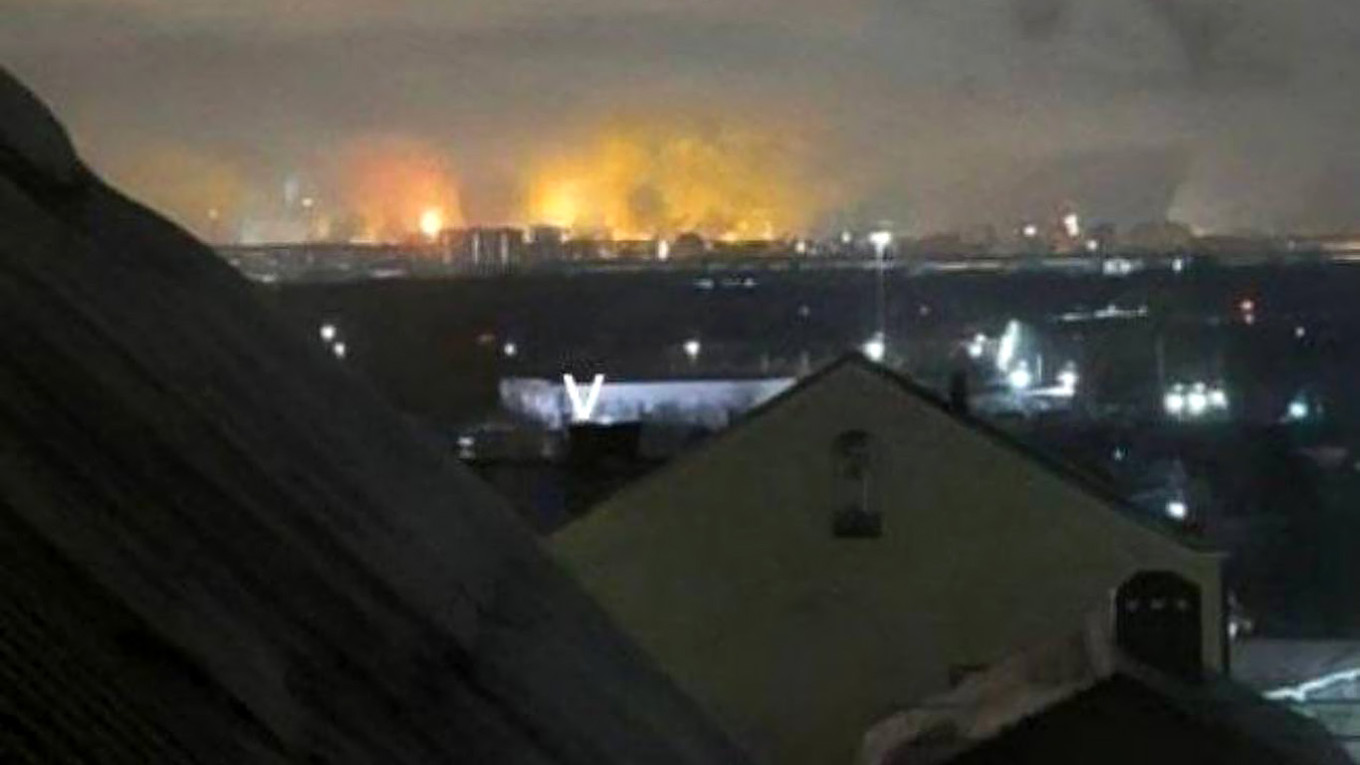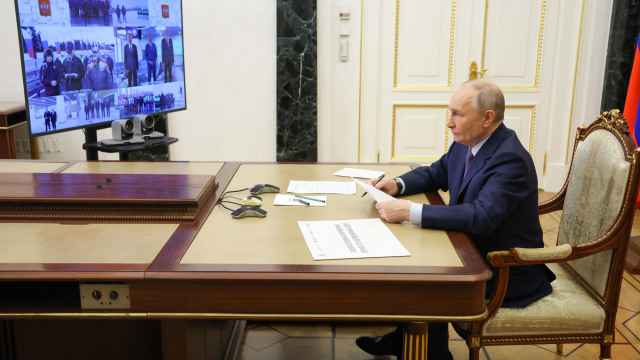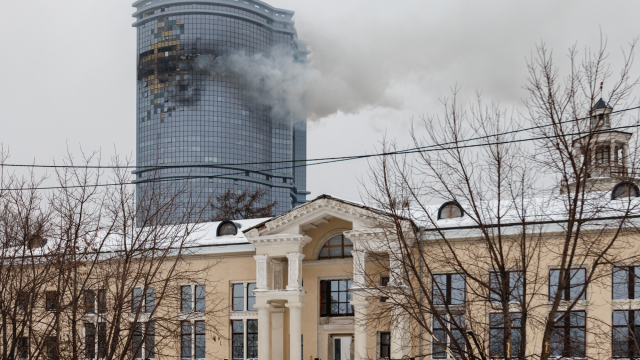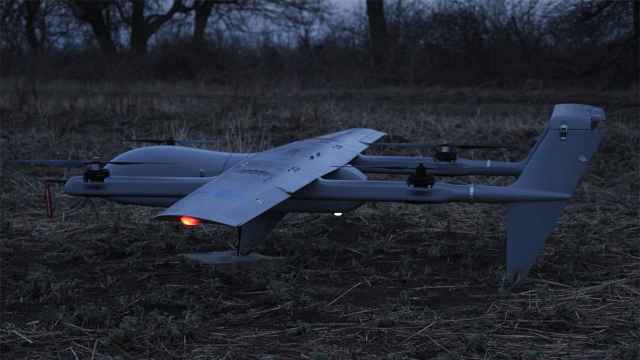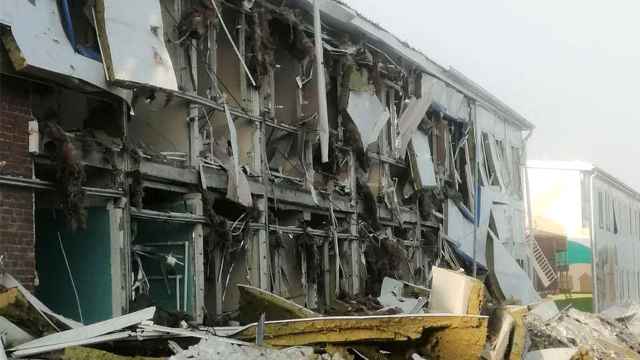Ukrainian drones targeted industrial plants in Russia’s republic of Tatarstan around 1,000 kilometers (600 miles) from the Ukrainian border, Russian media reported and officials in Kyiv said Monday.
Tatarstan’s regional government said an “attempted attack by enemy drones” to target unidentified “industrial enterprises” was neutralized without causing any injuries or damage. At least two regional airports had grounded flights during the attacks.
Andriy Kovalenko, head of Ukraine’s disinformation countermeasures center, said explosions were heard in the Tatarstan capital city of Kazan, which houses the Gorbunov Kazan Aviation Plant, Kazan Helicopters and the Kazan State-Owned Gunpowder Plant.
“These aren’t the first attacks, but it’s becoming increasingly difficult to secure Russia's skies,” Kovalenko wrote on Telegram without explicitly acknowledging that Ukraine carried out the drone strikes.
Unverified videos shared by the Astra Telegram news channel showed what were claimed to be explosions from the drone strikes on the Gorbunov plant.
President Vladimir Putin visited the plant last February when he flew a Tupolev Tu-160M strategic bomber. The plant is under EU sanctions for manufacturing and repairing Tu-160 and Tu-22M3M strategic bombers.
Russia’s Defense Ministry said its air defense systems shot down 31 Ukrainian drones, which mainly targeted the industrial sites in Tatarstan and five other regions overnight.
In the Kaluga region near Moscow, debris from a downed drone sparked a fire at an industrial site but it was quickly put out, Kaluga region Governor Vladislav Shapsha said.
In the Bryansk region, which borders Ukraine, 14 drones and four HIMARS missiles were destroyed, regional authorities there said.
AFP contributed reporting.
A Message from The Moscow Times:
Dear readers,
We are facing unprecedented challenges. Russia's Prosecutor General's Office has designated The Moscow Times as an "undesirable" organization, criminalizing our work and putting our staff at risk of prosecution. This follows our earlier unjust labeling as a "foreign agent."
These actions are direct attempts to silence independent journalism in Russia. The authorities claim our work "discredits the decisions of the Russian leadership." We see things differently: we strive to provide accurate, unbiased reporting on Russia.
We, the journalists of The Moscow Times, refuse to be silenced. But to continue our work, we need your help.
Your support, no matter how small, makes a world of difference. If you can, please support us monthly starting from just $2. It's quick to set up, and every contribution makes a significant impact.
By supporting The Moscow Times, you're defending open, independent journalism in the face of repression. Thank you for standing with us.
Remind me later.


